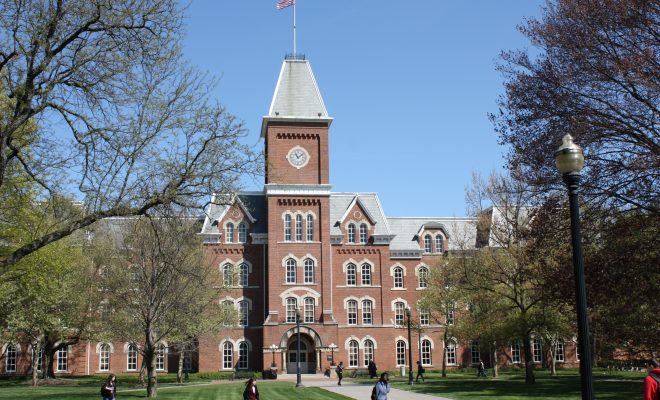Why Do HBCUs Have Low Graduation Rates?

Historically Black Colleges and Universities (HBCUs) have long played a crucial role in providing educational opportunities for African American students. Despite their significance, there has been a rising concern surrounding the low graduation rates of these institutions. This article seeks to explore the major factors contributing to low graduation rates among HBCUs.
1. Limited Financial Resources
One significant factor that impacts HBCU graduation rates is their limited financial resources compared to their predominantly white counterparts. Many HBCUs are reliant on government funding, which may not be sufficient for their needs. As a result, they may lack adequate facilities, technological infrastructure, and support services that help students complete their studies successfully.
2. Economic Challenges Facing Students
HBCU students often face financial hurdles that hinder their academic progress. In many cases, they come from low-income families and struggle to cover tuition fees and other expenses associated with attending college. Consequently, these students may need to work full-time or part-time jobs, which can negatively affect their ability to balance schoolwork and employment.
3. Lack of Academic Preparation
Many students who attend HBCUs arrive at college with varying levels of academic preparation. Some may have attended under-resourced high schools that did not adequately prepare them for the rigors of college coursework. This can lead to higher dropout rates among students who find themselves struggling academically.
4. Retention Issues
Retaining students at HBCUs can be challenging for various reasons. The colleges often lack comprehensive programs designed to support students at risk of dropping out of school. Due to limited budgets, these institutions may not offer enough scholarships or financial aid packages to keep students enrolled.
5. Lack of Social Integration
Social integration plays a crucial role in ensuring student success at college campuses. Some HBCUs struggle to provide environments where students feel comfortable seeking help or building relationships with other students or faculty, which can negatively impact their college experience. This lack of integration can contribute to an increased likelihood of students leaving before completing their degrees.
In conclusion, several factors contribute to the low graduation rates at HBCUs, ranging from limited financial resources to inadequate academic preparation and social integration. Addressing these issues requires collaborative efforts from policymakers, educational institutions, and addressing socioeconomic inequalities that disproportionately affect African American students. By investing in HBCUs and their students’ success, we are investing in a brighter future for our communities and our nation as a whole.




